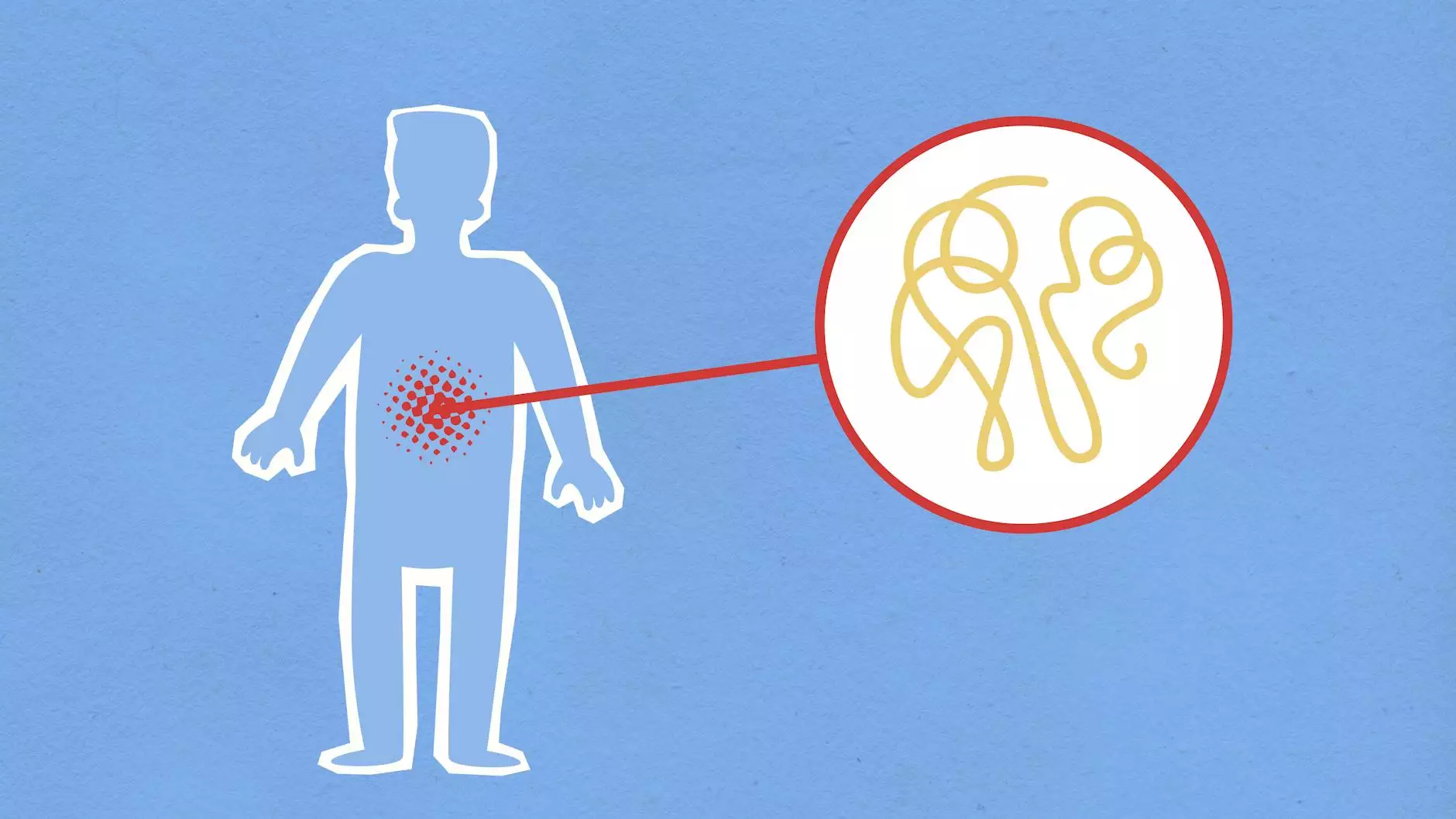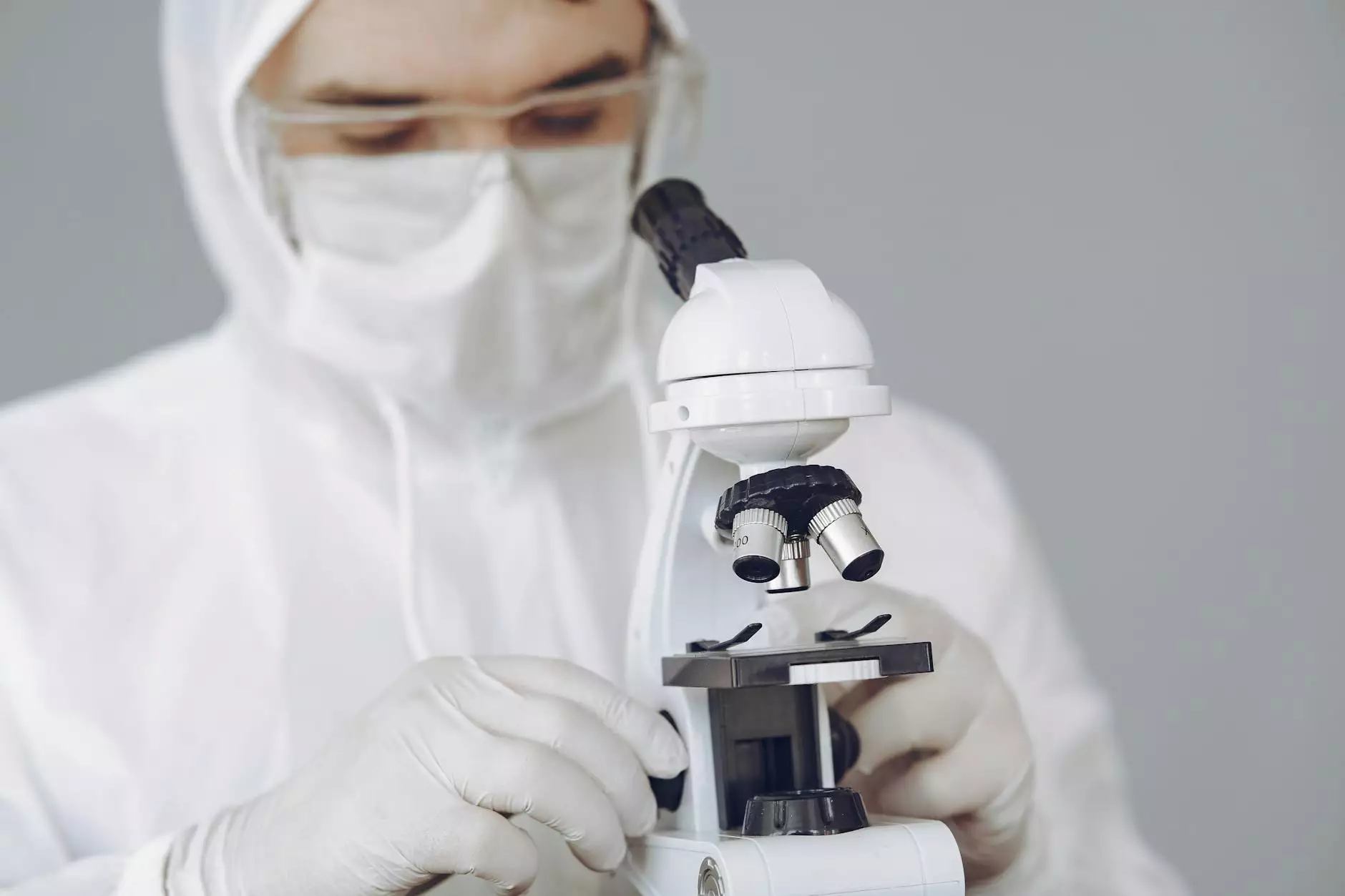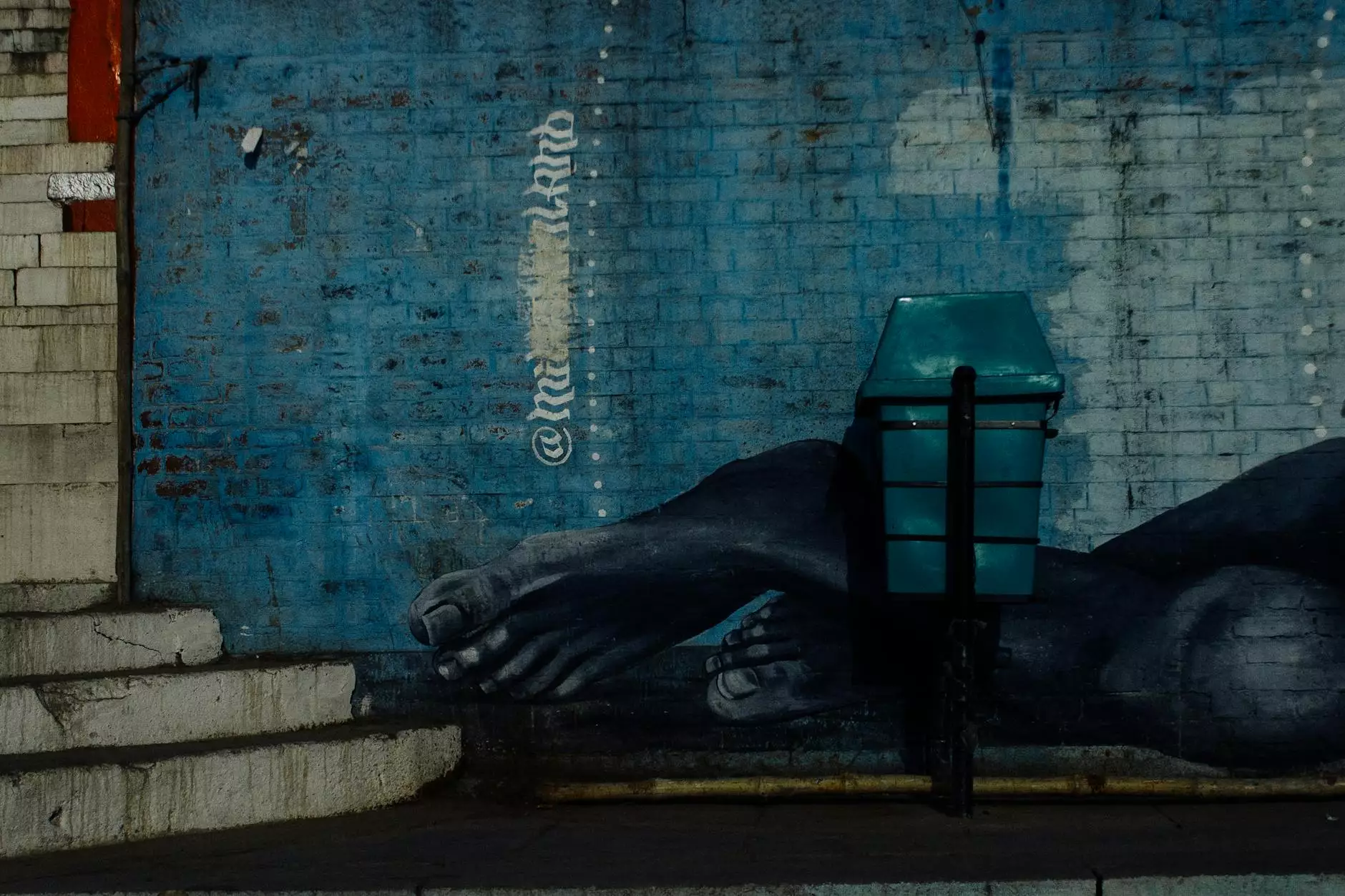Is An Achilles Tendon Injury Painful?
Orthopedic Surgery
The Achilles Tendon: Understanding Its Importance
The Achilles tendon plays a crucial role in our ability to walk, run, and jump. It is the largest tendon in the human body and connects the calf muscles to the heel bone. Unfortunately, injuries to the Achilles tendon can be quite painful and debilitating. In this article, we will explore the causes, symptoms, diagnosis, and treatment options for Achilles tendon injuries.
Causes of Achilles Tendon Injuries
Achilles tendon injuries are often caused by overuse, sudden movements, or direct trauma. Athletes, particularly runners and dancers, are more prone to developing Achilles tendon injuries due to repetitive stress on the tendon. Additionally, individuals with tight calf muscles or poor foot mechanics may be at higher risk for these injuries.
Symptoms of Achilles Tendon Injuries
When the Achilles tendon is injured, individuals may experience various symptoms. The most common symptom is pain, which can range from mild to severe. Other symptoms include:
- Tenderness and swelling around the tendon
- Stiffness and decreased range of motion
- A popping or snapping sound at the time of injury
- Weakness in the affected leg
If you are experiencing any of these symptoms, it is important to seek medical attention to prevent further damage to the Achilles tendon.
Diagnosis of Achilles Tendon Injuries
Diagnosing an Achilles tendon injury involves a comprehensive evaluation by a qualified orthopedic specialist. The doctor will conduct a physical examination and may order imaging tests, such as an ultrasound or MRI, to assess the extent of the injury.
Treatment Options for Achilles Tendon Injuries
At Bowling Orthopaedics, we offer a range of treatment options for Achilles tendon injuries. The choice of treatment depends on the severity of the injury. Common treatment approaches include:
- Conservative Treatment: In mild cases, nonsurgical treatments such as rest, ice, compression, and elevation (RICE), physical therapy, and the use of orthotics may be sufficient to promote healing.
- Immobilization: More severe tendon injuries may require the use of a cast, walking boot, or brace to immobilize the ankle and allow the tendon to heal.
- Surgical Intervention: In cases of a complete Achilles tendon rupture or when conservative treatments fail to provide relief, surgical repair may be necessary. Our skilled orthopedic surgeons specialize in minimally invasive techniques to promote faster recovery and minimize scarring.
During the recovery process, physical therapy plays a crucial role in restoring strength, flexibility, and function to the Achilles tendon. Our team of experienced physical therapists will develop a personalized rehabilitation program to ensure a successful recovery.
Prevention and Rehabilitation
While it may not always be possible to prevent Achilles tendon injuries, there are steps you can take to reduce your risk. Gradually increasing the intensity of exercise, stretching properly before and after physical activity, and wearing appropriate footwear are some preventive measures. Additionally, adhering to a thorough rehabilitation program after an Achilles tendon injury is essential for a full recovery.
Contact Bowling Orthopaedics for Expert Care
If you are experiencing pain or suspect an Achilles tendon injury, don't delay seeking medical attention. Our team at Bowling Orthopaedics specializes in the diagnosis, treatment, and rehabilitation of musculoskeletal conditions, including Achilles tendon injuries. Contact us today to schedule a consultation and start your journey towards a pain-free life.




